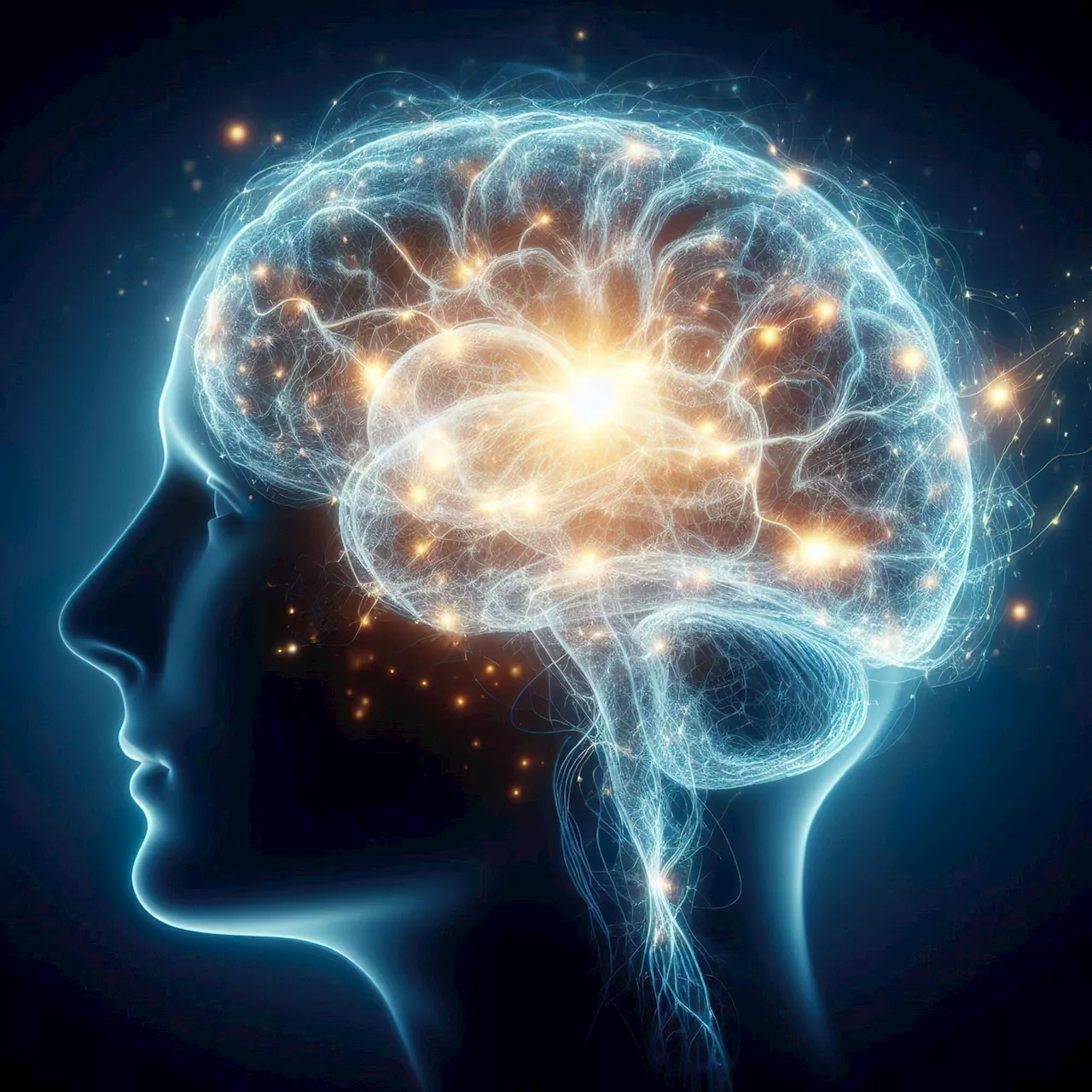Science, Space and Technology News 2024
Neuroscientists have determined that some daily experiences are transformed into permanent memories during sleep through a process facilitated by the brain. A recent study led by NYU Grossman School of Medicine has identified “sharp wave-ripples” in the hippocampus as the key mechanism that selects which memories to retain permanently.
Called “sharp wave-ripples,” these “shouts” to the rest of the brain represent the near-simultaneous firing of 15 percent of hippocampal neurons, and are named for the shape they take when their activity is captured by electrodes and recorded on a graph., found that daytime events followed immediately by five to 20 sharp wave-ripples are replayed more during sleep and so consolidated into permanent memories. Events followed by very few or no sharp wave-ripples failed to form lasting memories.
Importantly, sharp wave-ripples are known to be made up the firing of hippocampal “place cells” in a specific order that encodes every room we enter, and each arm of a maze entered by a mouse. For memories that are remembered, those same cells fire at high speed, as we sleep, “playing back the recorded event thousands of times per night.” The process strengthens the connections between the cells involved.
United States Latest News, United States Headlines
Similar News:You can also read news stories similar to this one that we have collected from other news sources.
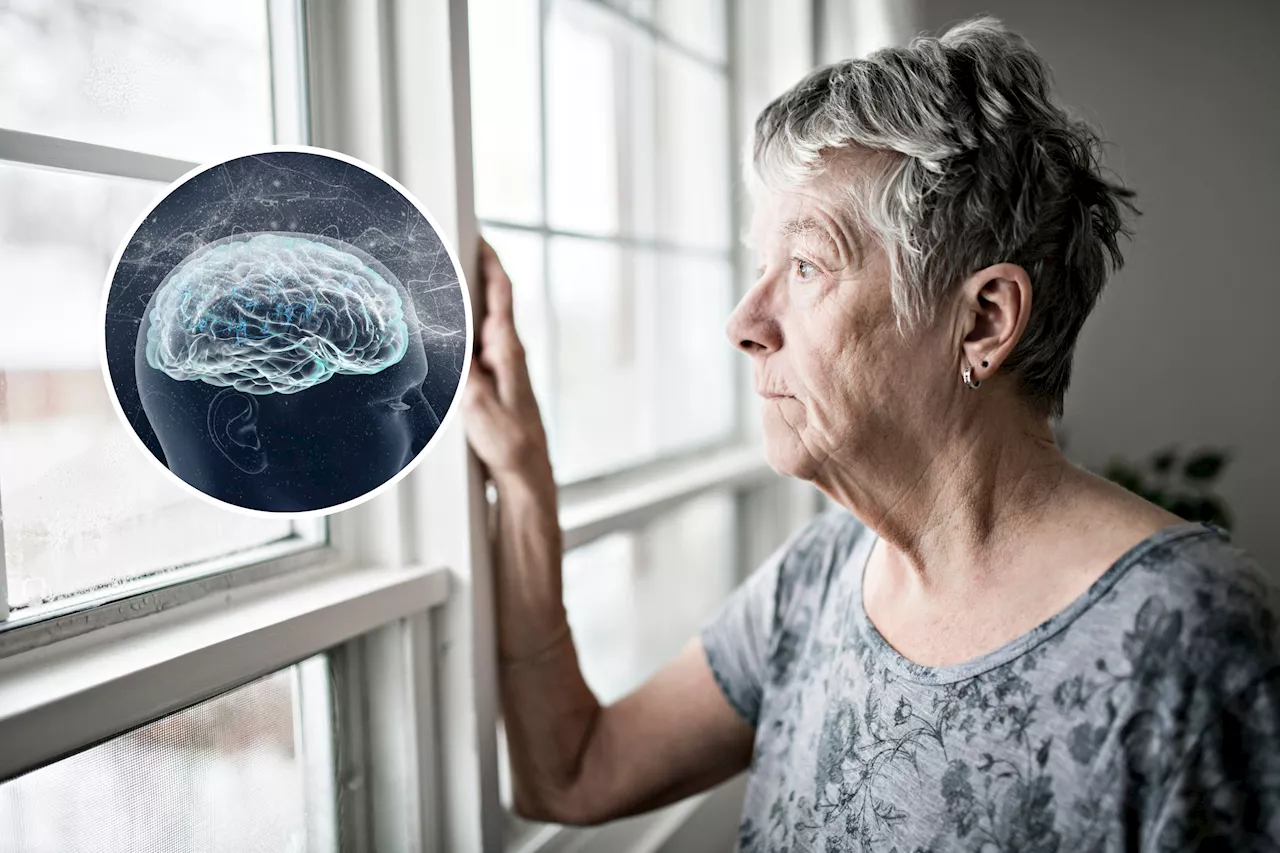 Neuroscientists Reveal Secret of Superagers' Excellent MemoriesWhite matter, which connects different regions of the brain, appears to retain better structure in superagers than in older people with memory decline.
Neuroscientists Reveal Secret of Superagers' Excellent MemoriesWhite matter, which connects different regions of the brain, appears to retain better structure in superagers than in older people with memory decline.
Read more »
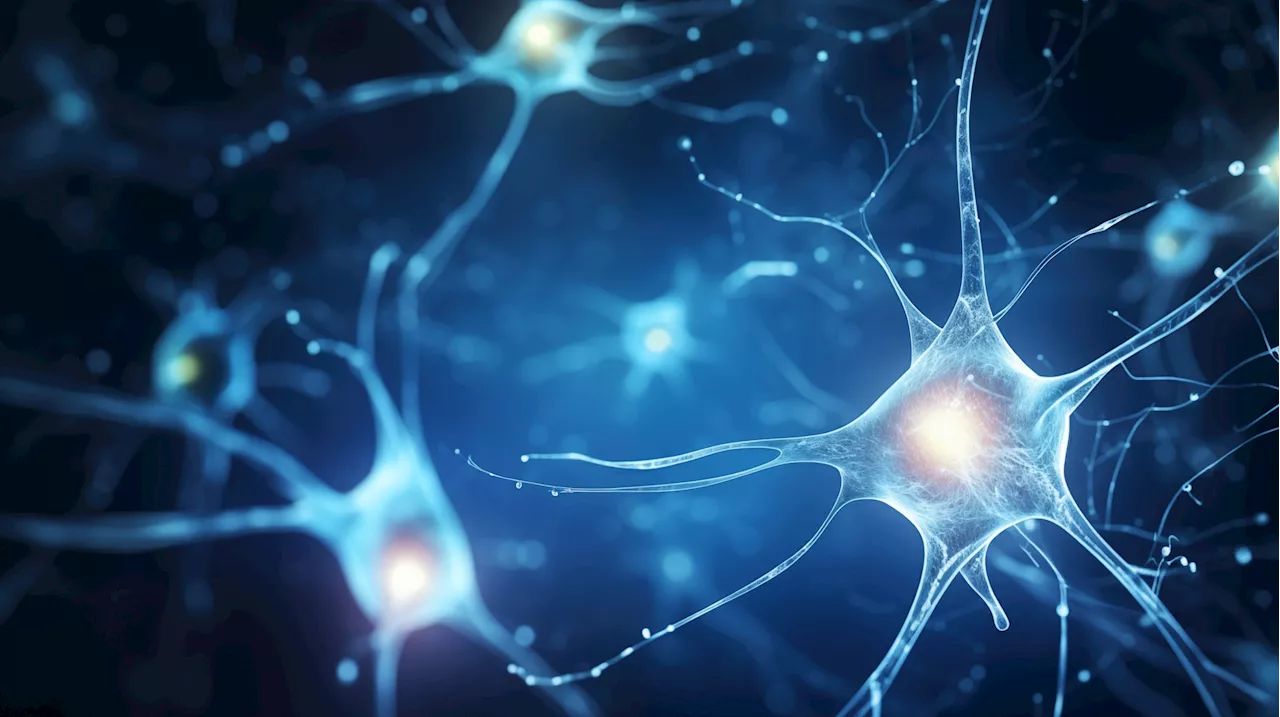 Neuroscientists Reveal 'Neural Compass' That Stops You From Getting LostThe discovery offers new insights for conditions like Parkinson's disease and Alzheimer's, in which navigation and orientation are often impaired.
Neuroscientists Reveal 'Neural Compass' That Stops You From Getting LostThe discovery offers new insights for conditions like Parkinson's disease and Alzheimer's, in which navigation and orientation are often impaired.
Read more »
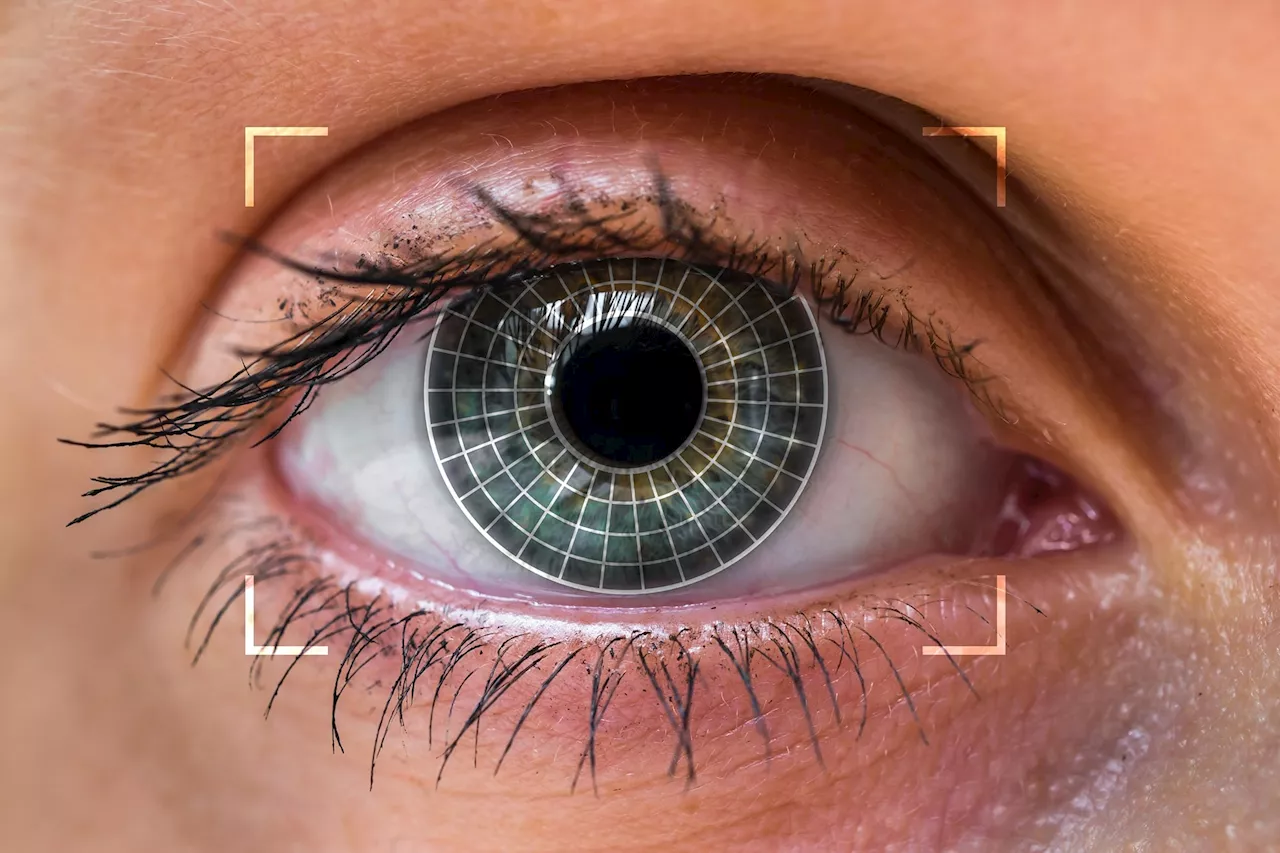 Unlocking Brain Secrets: Scientists Discover Link Between Pupil Size and Working MemoryScience, Space and Technology News 2024
Unlocking Brain Secrets: Scientists Discover Link Between Pupil Size and Working MemoryScience, Space and Technology News 2024
Read more »
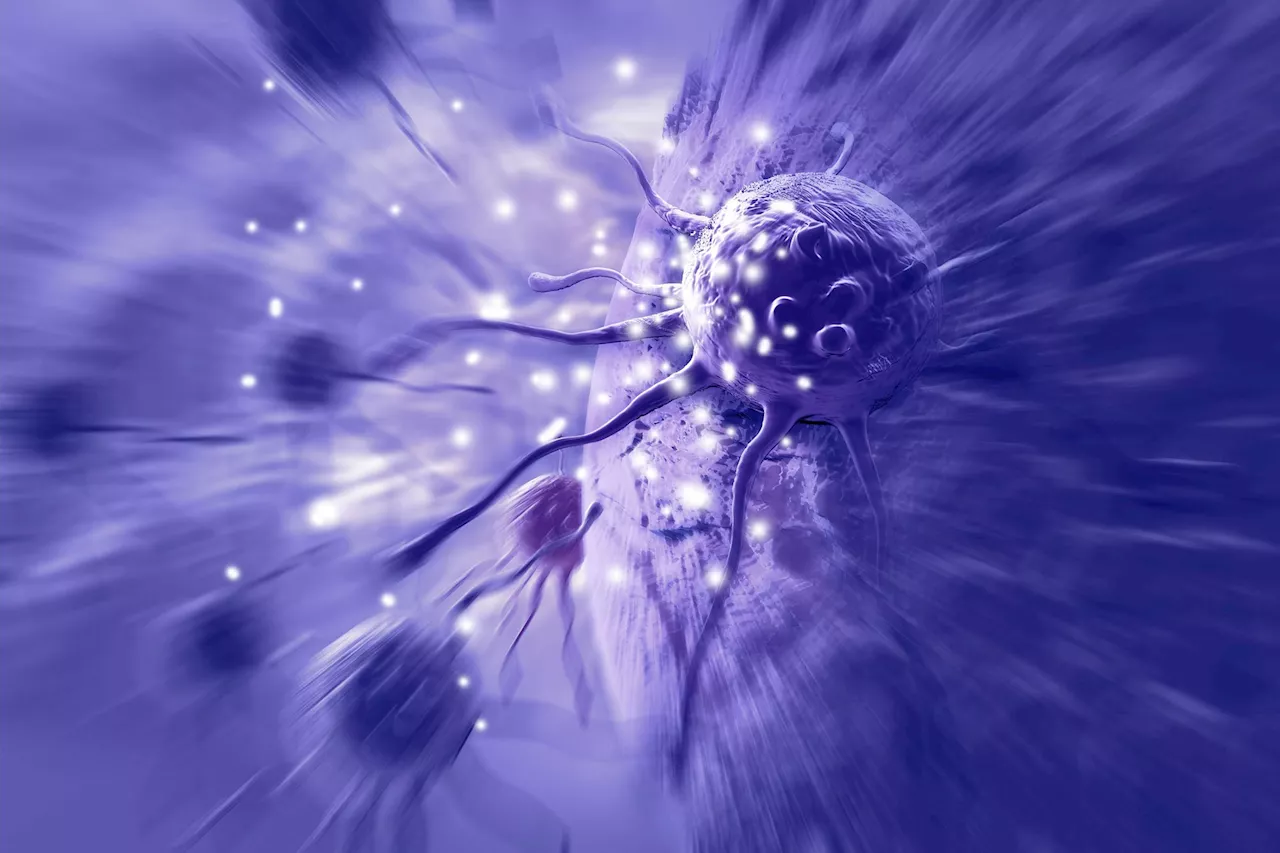 Unlocking Cancer’s Code: Johns Hopkins Researchers Reveal How Cells Go RogueScience, Space and Technology News 2024
Unlocking Cancer’s Code: Johns Hopkins Researchers Reveal How Cells Go RogueScience, Space and Technology News 2024
Read more »
 The crystallization of memory: Study reveals how practice forms new memory pathways in the brainA new study has shown that repetitive practice not only is helpful in improving skills but also leads to profound changes in the brain's memory pathways.
The crystallization of memory: Study reveals how practice forms new memory pathways in the brainA new study has shown that repetitive practice not only is helpful in improving skills but also leads to profound changes in the brain's memory pathways.
Read more »
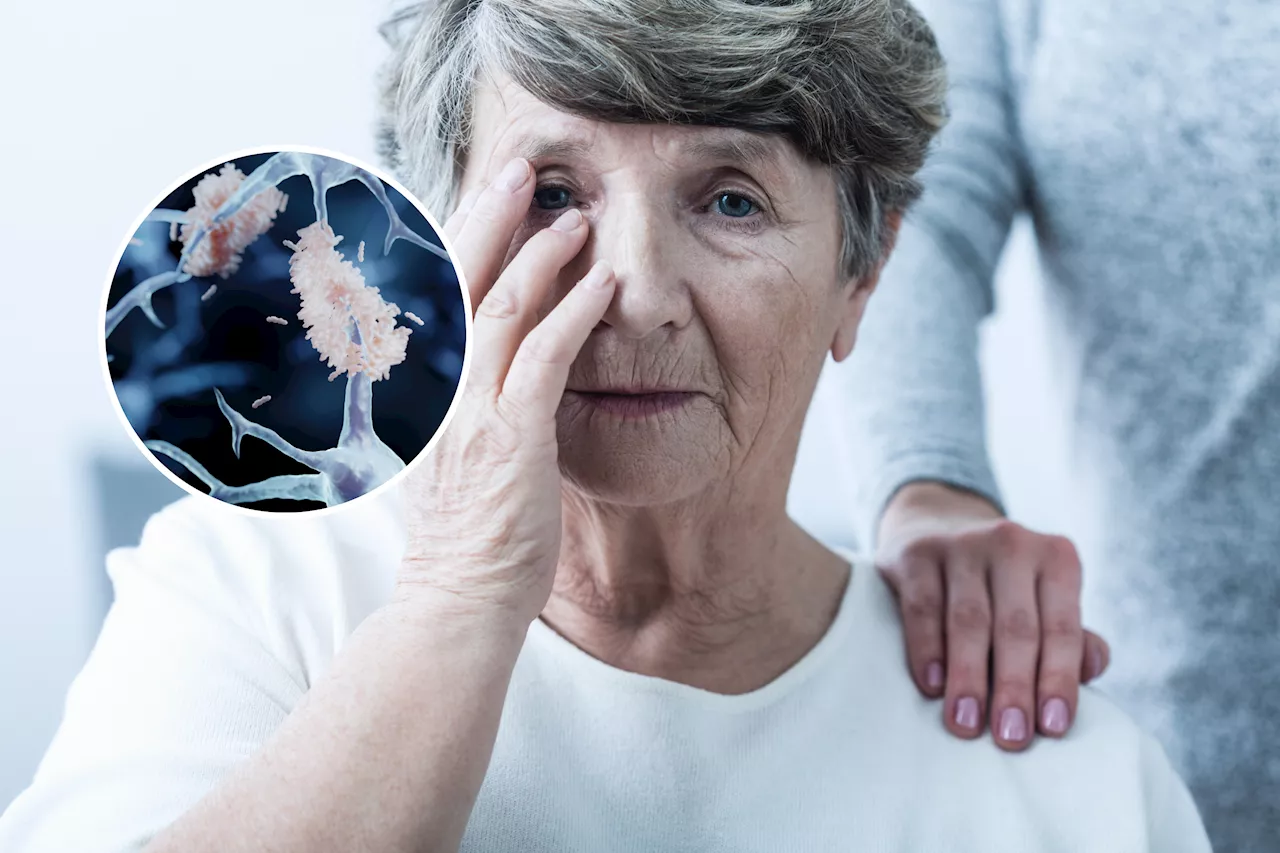 Neuroscientists Warn of 'Cascading' Alzheimer's Risk From These Two HabitsThe habits produce a 'synergistic effect' on our risk of developing Alzheimer's Disease and general cognitive decline.
Neuroscientists Warn of 'Cascading' Alzheimer's Risk From These Two HabitsThe habits produce a 'synergistic effect' on our risk of developing Alzheimer's Disease and general cognitive decline.
Read more »
